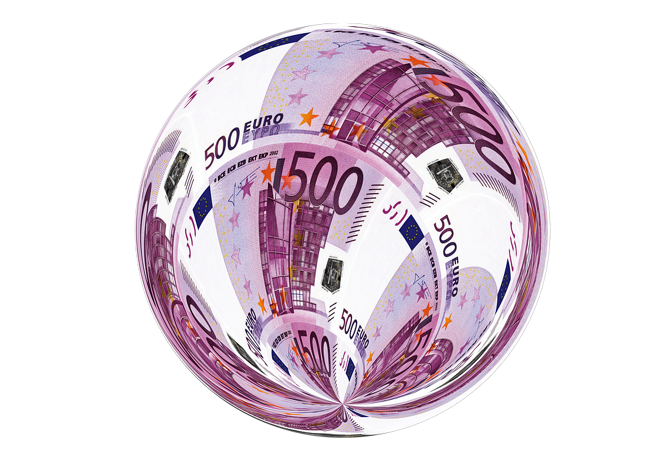Advertisement
Advertisement
Euro area Economic Growth Slows to Four month low
By:
The euro area economy has made a disappointing start to the new year, according to global research company Markit. Figures for January this year revealed
The euro area economy has made a disappointing start to the new year, according to global research company Markit.
Figures for January this year revealed that growth had eased to the lowest rates over the past year.
Markit’s Purchasing Manager’s Index (PMI) fell to a four month low of 53.6 in January, down from 54.3 that was recorded in December last year.
Despite the reduction in productivity, the euro area index has still been above the neutral 50 score for 31 consecutive months.
There was some encouragement from the economic outlook, as there was evidence of rising levels of unemployment, as job creation rose for the 15th month in a row, coupled with a build up in outstanding work to be completed.
Deflationary pressures continued, as prices fell in January at the fastest pace since March.
Ireland Ranked Highest in all Sector Growth
Ireland with a six month high PMI score of 61.1, was the most successful economy in January, with a near survey record in job creation and new business.
Spain followed with a rating of 55.3, which was a two month high, as order growth increased, reducing unemployment.
Germany was third in the latest survey, but their score of 54.5 was their lowest for three months. Italy suffered their worst score for four months, as the PMI survey evaluated them on 53.8.
A two month high was recorded for France, even though their latest economic growth figures were reduced by 0.1% to 0.3% for the third quarter of last year.
Their score was 50.2, still behind comparable economies in the euro area, and their economy the survey concluded remains stagnant, with little output in manufacturing or services.
Unemployment in the Euro Area Slightly Down in December
Eurostat figures for unemployment has revealed that unemployment was reduced in the euro area, but only by a slender 0.1% month on month margin, falling to 10.4%.
Although this was the lowest rate of those out of work since September 2011.
Across the European Union (EU), the unemployment rate was 9% for December last year., remaining unchanged compared to the previous month.
The year on year comparison with December in 2014 was more encouraging for the EU, as the unemployment levels were 9.9%.
The lowest unemployment rate in December last year amongst the member states was 4.5% found in the Czech Republic and Germany.
Malta and the United Kingdom recorded 5.1% unemployment, although the UK data was from results in October.
Unsurprisingly, Greece have the highest rate of unemployment at 24.5% in October 2015, and the Spanish unemployment rate was the next highest at 20.8%, despite being their lowest level of those out of work for four and a half years.
Euro Rises Against the US Dollar
The euro has continued its recent rise against the US dollar, currently buying $1.092, from $1.090 yesterday.
Sliding oil prices, and pessimistic macro outlooks on the US economy, have created bearish conditions for the greenback. Interest rates are not expected to rise soon.
Against the pound, the euro has fallen to buying £0.75 from £0.761 yesterday morning.
The prospect of a ‘Brexit’ from the EU, and the uncertainty that it will bring, still hangs over the UK economy.
So far the EU reform deal celebrated by UK Prime Minister David Cameron, has failed to convince many that it is enough reason to remain in the UK.
About the Author
Peter Tabernerauthor
Advertisement
